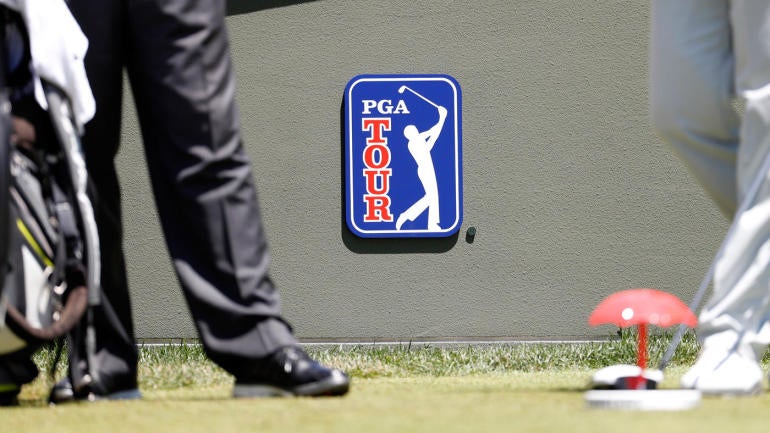
The PGA Tour continues to respond to potential threats to its future business by increasing the money its players are paid throughout the year. According to a memo written by PGA Tour commissioner Jay Monahan obtained by No Laying Up, the the FedEx Cup, Player Impact Program and a handful of tournaments are all seeing financial overhauls in 2022.
Here are the details.
- FedEx Cup bonus going from $60 million pool to $75 million pool
- FedEx Cup winner getting $18 million (previously $15 million)
- FedEx St. Jude Invitational and BMW Championship purses going to $15 million (previously $9.5 million)
- Genesis Invitational, Arnold Palmer Invitational, the Memorial Tournament and WGC-Dell Technologies Match Play purses going to $12 million (previously $9.3 million)
- Player Impact Program moving from $40 million pool to $50 million
- Comcast Business Tour Top 10 going from $10 million pool to $20 million pool
- Total tournament prize money in 2022 going from $367 million to $427 million
- Average purse in 2022 will be $9.1 million, which is up over $1 million from 2021
Monahan also detailed that PGA Tour players will receive 55% of the Tour's $1.52 billion in revenues in 2022. The other 45% will go to tournament-related expenses, employee expenses and TPC network expenses.
This means $838 million will be distributed to players. Of that, 80% is in the form of prize money, various bonus programs as well as benefits for Tour members. The other 20% ($153 million) comes from marketing partners and corporate marketing partners (i.e. mostly apparel and equipment companies) which is distributed to various players, and Monahan expects that to double (!) over the next two years.
Again, all of this is a response by the Tour to external threats like the Premier Golf League -- whose spokesperson, Andy Gardiner, explained the PGL's business model on a recent No Laying Up podcast -- and the Super Golf League, which is expected to evolve out of LIV Golf Investments, where Greg Norman is the new CEO. LIV Golf Investments is pouring $200 million into the Asian Tour over the next 10 years and wants a super league to develop from that starting point.
All of this is extremely confusing, even for those paying close attention. Fundamentally, the PGA Tour is attempting to shore up its castle walls with myriad militia trying to breach its exterior. In the short term, this should work because the Tour is pouring a ton of money into the system. Whether there's long-term sustainability there, and what that sustainability looks like, remains to be seen.
Still, Monahan remains confident in his product.
"We are positioned to grow faster in the next 10 years than we have at any point in our existence," he wrote, "and we remain laser-focused on strengthening our core product and investing in our members."

















